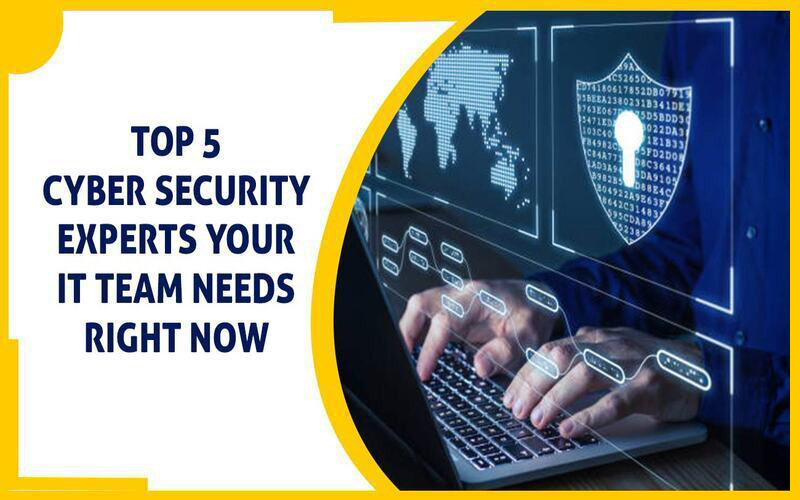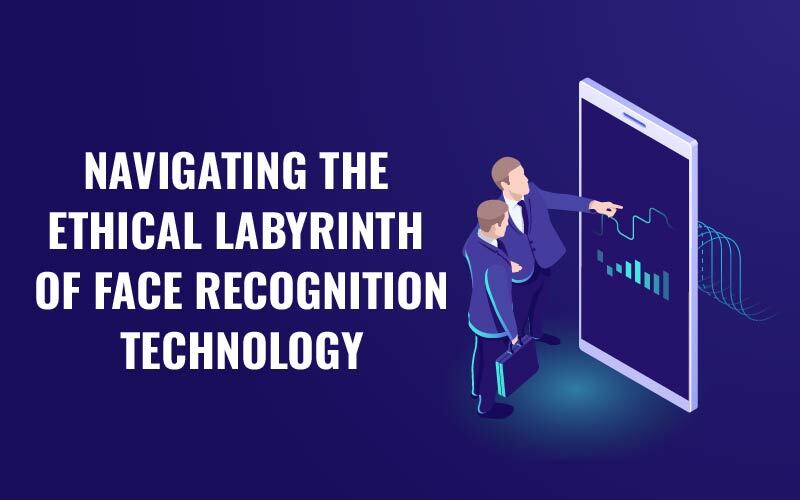In this current age of hybrid work models, all organizations want to hire cyber security experts to keep their data safe online. Most organizations only have a physical space where they meet monthly, quarterly, or annually for meetings, and the rest of the organization’s operation is done online.
This means the confidential documents are being attended online, and this generation is known for increasing cyber theft. Blockchain is a decentralized technology away from the grasp of any centralized government and has been proven by many experts that it can’t be hacked, but it was proved wrong a few years ago.
This shows the need for organizations to invest heavily in security to protect their data and their employees.
Why Hire Cyber Security Experts?
Prior to the development of hybrid employees, things were done manually; confidential documents were kept in a secret safe away from prying eyes and leakage.
Employees’ data were heavily protected since most use the organization’s computer with pre-installed firewalls. Also, employees’ properties like cars and bikes were guided by security personnel.
Now that the hybrid work model has set in, most employees work remotely, and organizations hire remote workers only. If this happens, who will handle their security? Definitely, the employer will be responsible even though the employees will have to safeguard their property themselves, but the company’s data will be protected by the employers hence the need for cyber security experts.
Cyber security experts will help to keep all data safe from malicious threats and boost the organization’s business since customers will remain happy about how the organization manages their affairs without glitches. After the pandemic, the request to hire security experts rose more than 100 percent, such that demand was more than supply.
So, what kind of cyber security experts do your IT team need?
1. Information Systems Security Manager
The presence of an information systems security manager in your IT team means detailed protection of all data as they oversee IT security. They will develop strategies to protect data and also include the best practices to stay safe in the online world.
For this role, your HR or PEO should be on the lookout for someone with a solid technical background with proven years of experience. The role of information systems security manager is not a role to learn on the job, only professionals should be hired.
2. Security Architect
Just like the regular architects we know, security architects will help develop strategies so your data will not fall into the wrong hands. They help to develop plans to stay ahead of all kinds of threats; they develop programs to detect viruses even if they have not attacked the systems.
To hire security architects, go for experience as well since they can be likened to gods of cyberspace. Anyone you will be hiring should have solid interpersonal and leadership skills to succeed. They will require analytical and problem-solving skills to combat unforeseen threats and should also possess certification in CISSP, CISM, and certified ethical hacker (CEH).
3. Data Security Analysts
In the warzone, there are different soldiers to combat the enemy’s threat. The front-line soldiers can be likened to data security analysts as they protect the organization’s systems from threats, viruses, and critical situations.
Certifications in CISSP, CISA, and Systems Security Certified Practitioner (SSCP) are preferred for candidates interested in the role and must have proven years of experience.
4. Network Security Engineer
Network security engineers can be likened to molders that lay the foundation of a building. They lay the foundation of your security protocols, and the rest of the security experts build on that. They help build your infrastructure from threats and install protective features that can counter emerging threats.
Certification in CISSP, CEH, and Cisco Certified Network Professional Security (CCNP Security) are ideal for all network security engineers.
5. Systems Security Administrator
Mainly the role of the systems security administrator is to install antivirus and maintain firewalls to keep the organization’s security in check. This may be based on experience and networking, but certifications in CompTIA Security+, Certified Information Systems Auditor (CISA), Cisco Certified Network Associate (CCNA), and CISSP should not be neglected.
Conclusion
The need for cyber security experts has been on rising since the pandemic, which led to the adoption of a hybrid work model. For all activities done online, there is a probability that it is prone to threats hence the need for organizations to protect their customer’s and employees’ data.
Top organizations require the need for experts that will shield data from threats and keep prying eyes off the confidential data and information.
Also Read: HP Deskjet 2622 Connect To Wifi




